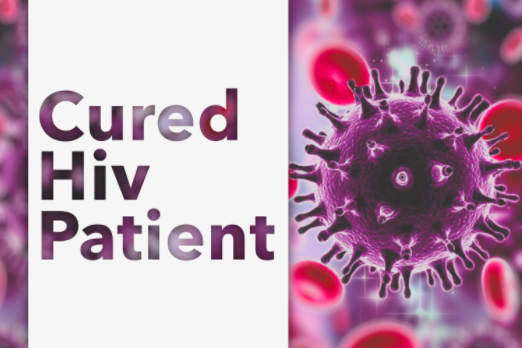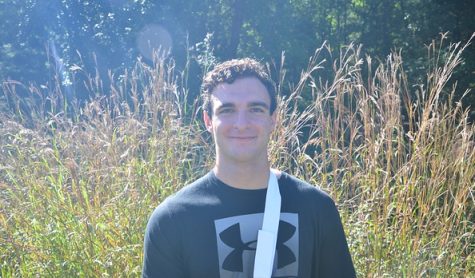News Brief: Second person cured of HIV in the world

Credit: Owen Smith
Nine years after the first person was cured of HIV, the world finally has a second instance where a person was cured. Surprisingly, the treatment that ended up curing him was not meant to do so.
April 12, 2020
A man from London is the second person in the world to be cured of HIV. Adam Castillejo, now 40 years old, is still free of the virus more than 30 months after he completed anti-retroviral therapy. What makes the situation even more interesting is that the combination of drugs he was on as part of the therapy was not what actually cured him. Instead, his HIV cured by a stem-cell treatment he received while he was fighting cancer.
Apparently, the donor of the stem cells has a rare gene that protects against HIV, and this gene was transferred to Castillejo. This is actually similar to how the first person, Timothy Brown, was cured of HIV in 2011 after undergoing similar treatment. Researchers are confident that stem cell transplants are a cure for HIV, as it’s successes have now been replicated. But, at the same time, it will not be a regular treatment for people with HIV.
Stem cell treatment is considered a very aggressive therapy, hence why it is used to treat patients’ cancers and not their HIV. With current HIV drugs available to most people, it would be much easier to live long and healthy lives and forgoing stem cell transplants, according to medical professionals. The treatment is high-risk, so it should only be used as a last resort for patients with HIV. However, it does open the door for future developments in finding a cure using gene therapy.
We are not sure if the cure is permanent yet, as the tests suggest that 99% of Castillejo’s immune cells were replaced, meaning that he still has inactive remnants of the virus in his body, which is the same for Brown. Only time will tell if they stay free of HIV, but regardless, it still allows for further research into potentially low-risk, definitive gene therapy cures.





![Last Wednesday, the Wayland School Committee gathered to discuss a number of topics regarding the health curriculum and Innovation Career Pathway course. Another large topic of conversation was the ways to potentially mitigate distracting cell phone usage. "These [phones] are going to distract your learning and social relationships," Superintendent David Fleishman said. "That's concrete right there."](https://waylandstudentpress.com/wp-content/uploads/2025/06/Screenshot-2025-06-04-at-9.49.31 PM-1200x886.png)



























![Troy Hoyt finishes the Boston Marathon, running for the Hoyt Foundation. T. Hoyt is the son of Hoyt Foundation CEO Russ Hoyt.
“[Running a marathon] might seem like a big thing, when it’s presented to you at first, but if you break it up and just keep telling yourself, “Yes, you can,” you can start chipping away at it. And before you know it, you’ll be running the whole 26 miles, and you won’t even think twice about it.” T. Hoyt said.](https://waylandstudentpress.com/wp-content/uploads/2025/04/C36E8761-1CBB-452E-9DF2-543EF7B1095E_1_105_c.jpeg)












































